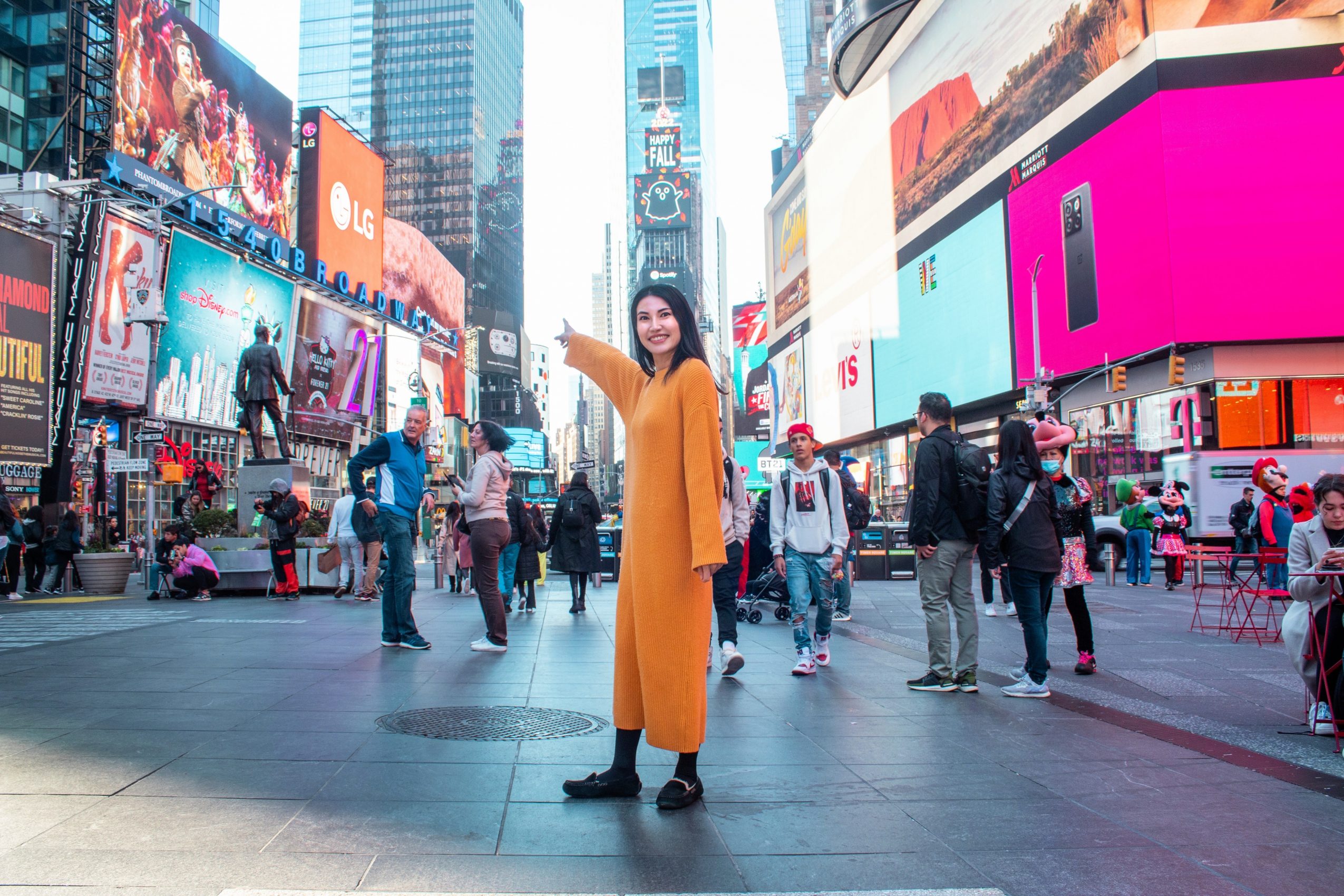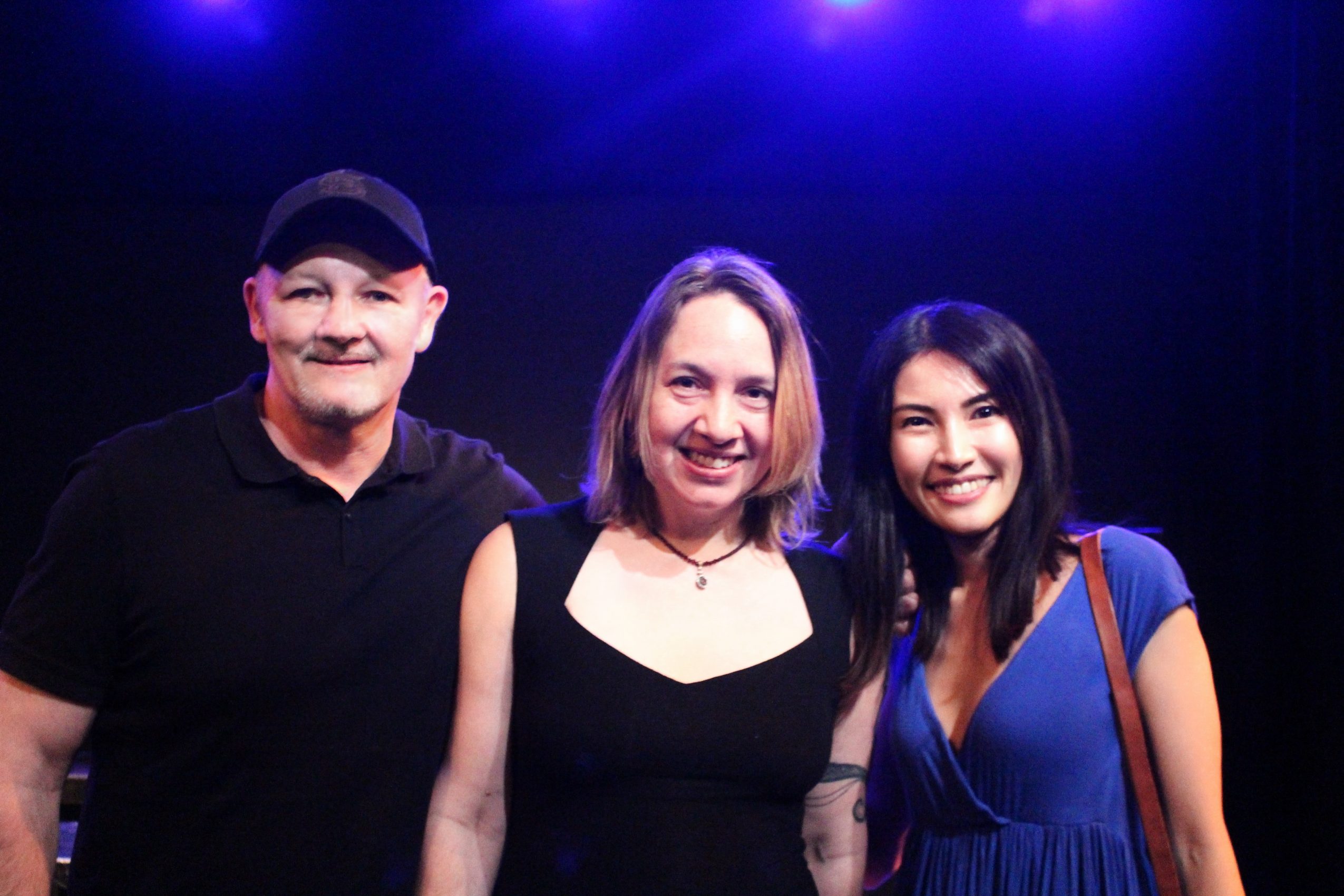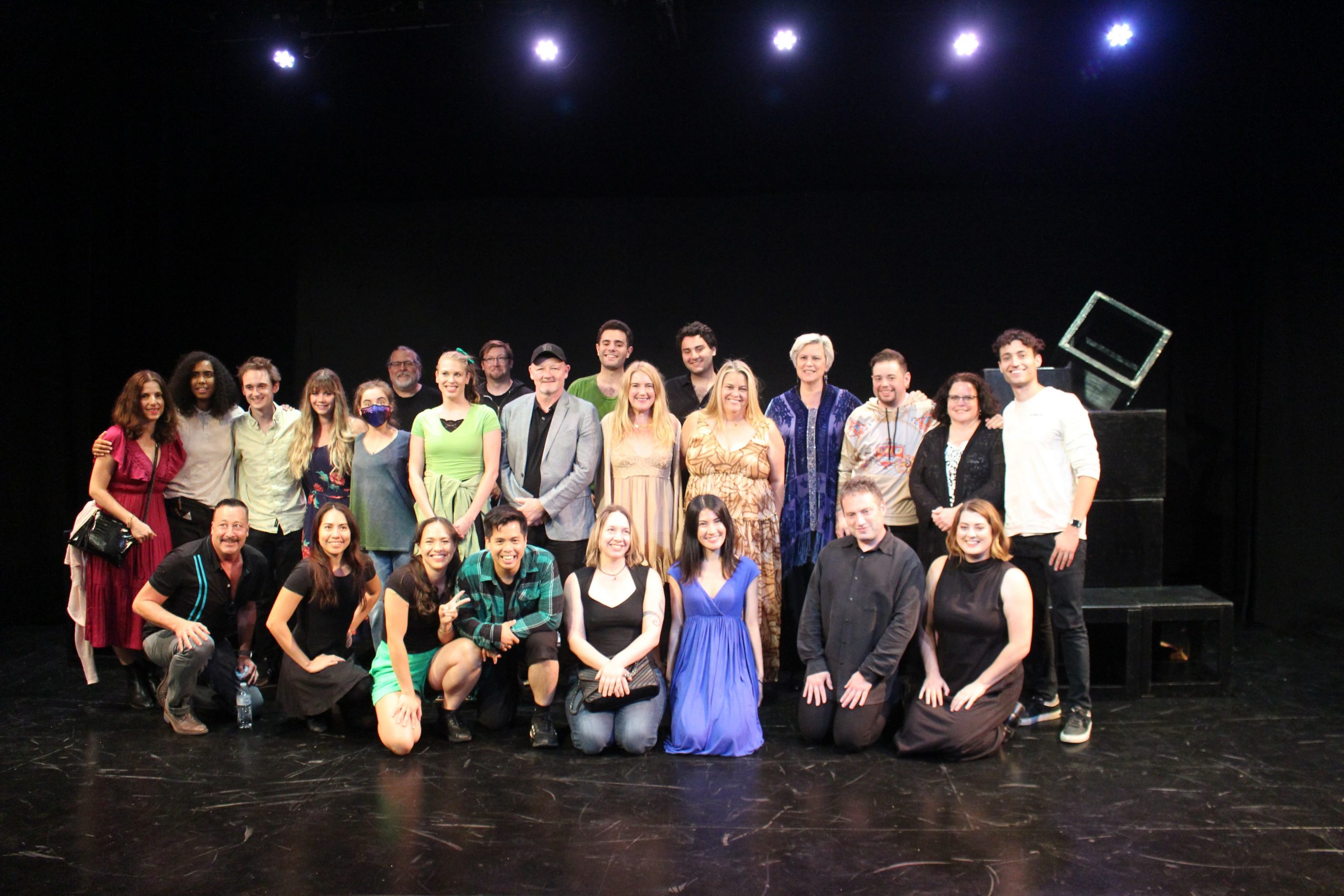

Today we’d like to introduce you to Erika Ito.
Erika, we appreciate you taking the time to share your story with us today. Where does your story begin?
As a child, I fell in love with the music from the Disney animation “Beauty and the Beast”. The movie inspired me to dream of becoming a composer like Alan Menken someday. However, I had no idea where to start. So, I began teaching myself piano and composition.
After completing high school, I studied composition at Berklee College of Music in Boston. Following graduation, I worked as a keyboardist and orchestrator for musical shows in New York before moving to the Netherlands to obtain a master’s degree at the Amsterdam Conservatory. I then spent time on cruise ships to explore different countries and learn about world music. Upon my return to Tokyo, I worked for a TV company, writing many production music pieces, and later became an in-house composer at a video game company.
During the COVID-19 pandemic, I experienced insomnia. Although it was a difficult time, it motivated me to pursue a long-held aspiration of mine: creating musicals. I enrolled in a musical theater writing course at NMI in Hollywood, and since then, I have been working with book writers and lyricists in the United States to produce musicals.
Can you talk to us a bit about the challenges and lessons you’ve learned along the way. Looking back would you say it’s been easy or smooth in retrospect?
It was not a straightforward path for me to become a full-time composer. Prior to that, I had different occupations, such as bartender, piano tuner, interpreter, and teacher. Although it was challenging, learning different skills was fun and helped me to feel secure both mentally and financially. My childhood experiences, growing up with a hard-working single mother and elder sister, taught me the importance of being flexible. It took time to achieve my goal, and there were moments when I lost my way, but every struggle and detour along the way made me stronger and more resilient. Ultimately, it is these experiences that have shaped me into the unique individual I am today. Additionally, the friendships I have made along the way are invaluable.
Thanks – so what else should our readers know about your work and what you’re currently focused on?
As a composer, I am best known for creating music for video games developed by Grasshopper Manufacture, like The 25th Ward: Silver Case and Let It Die, as well as GungHo’s Ninjala. Composing for video games was a thrilling experience as it allowed me to write music in various genres I wasn’t familiar with, broadening my musical horizon and teaching me more about myself, my likes, and my strengths.
Recently, I have been prioritizing collaborations, which I truly enjoy. Collaborating with others makes me feel stronger as we share the struggles and joys of creation together. Unexpected resolutions, which I may not have thought of alone, are especially exciting to me. Last year, I collaborated with Camarata Vocals Split Choir to create an ethno-electric composition called “Grličica,” which was performed alongside modern dance at the Croatian National Theater in Split, Croatia.
As someone who is extremely passionate about musical theater, I take great pride in using my musical talents to share important stories with the world. Last year, I collaborated with the book writer J.A. Moad II and lyricist Katherine Glover to produce “Mother Russia.” The musical is based on the true story of a Russian journalist who protested the Ukraine War on live TV. I worked with book writer Sassy Chan and lyricist Sarah Horton this year to create “Camouflage Can’t Hide Me.” This musical tells the story of a female Asian-American veteran’s experience. Both productions premiered at the Hollywood Fringe Festival. I am eager to continue creating musicals like these in the future.
In terms of your work and the industry, what are some of the changes you are expecting to see over the next five to ten years?
My fellow composer friends and I often make jokes that we won’t have our jobs in the next ten years because of AI. In fact, AI is becoming increasingly powerful in generating music, but I think that it’s unlikely to replace human composers in the next decade. Music composers will continue to play a vital role in the music industry and other sectors over the next decade. We bring creativity, emotional expression, adaptability, customization, interdisciplinary skills, and cultural significance to music creation. Technology can assist composers, but human input remains essential. Composers will adapt their skills and incorporate new technologies to meet the demands of a rapidly changing music industry.
Contact Info:
- Website: http://www.erikaito.com
- Instagram: https://www.instagram.com/ericamusica
- Facebook: https://www.facebook.com/erikamusic
- Twitter: https://twitter.com/erikamusica



 Image Credits
Image Credits
CJ Stewart, Adrian Godinez Hernandez














